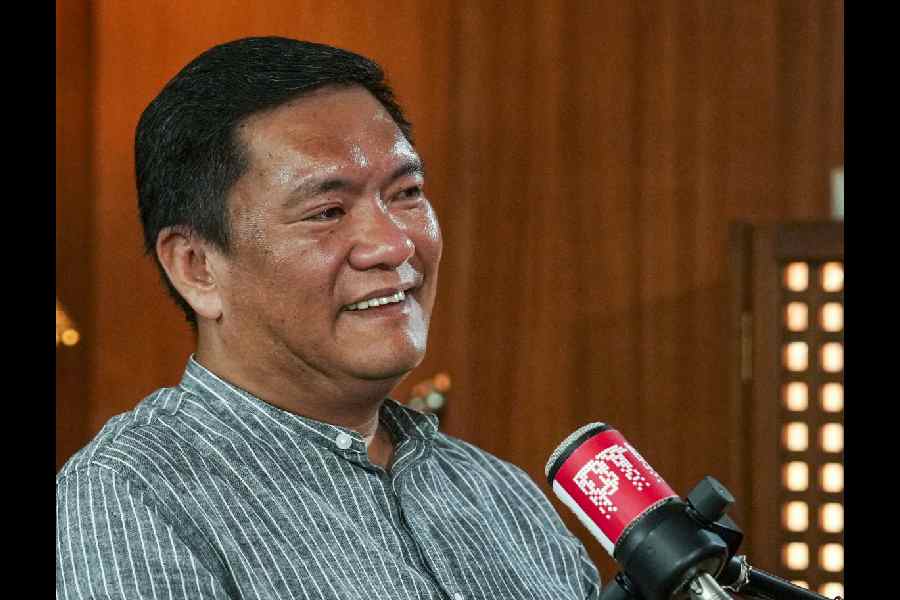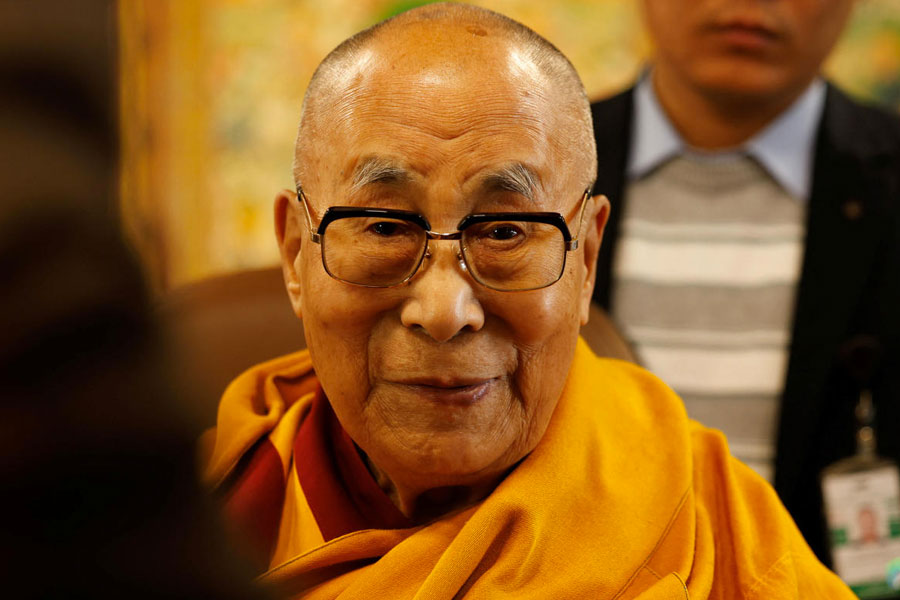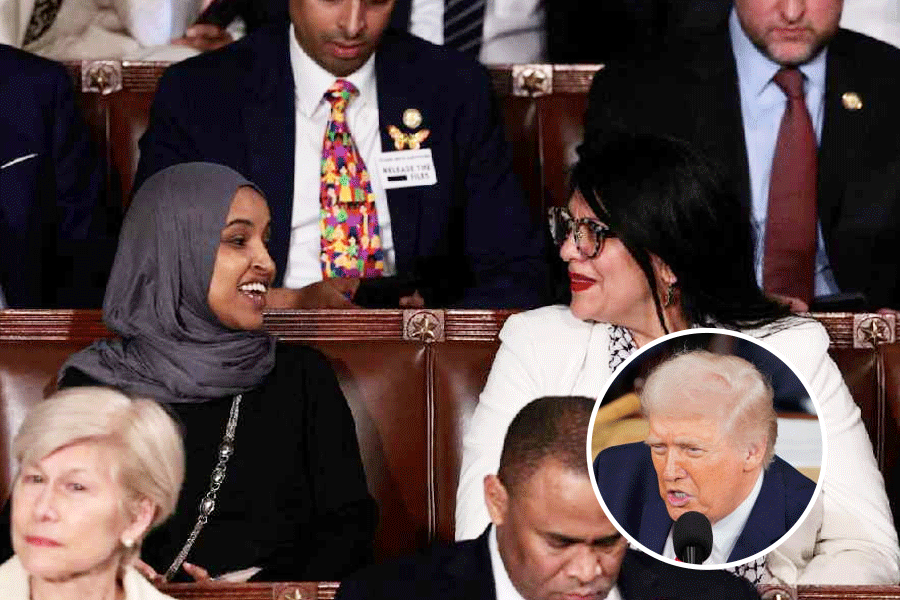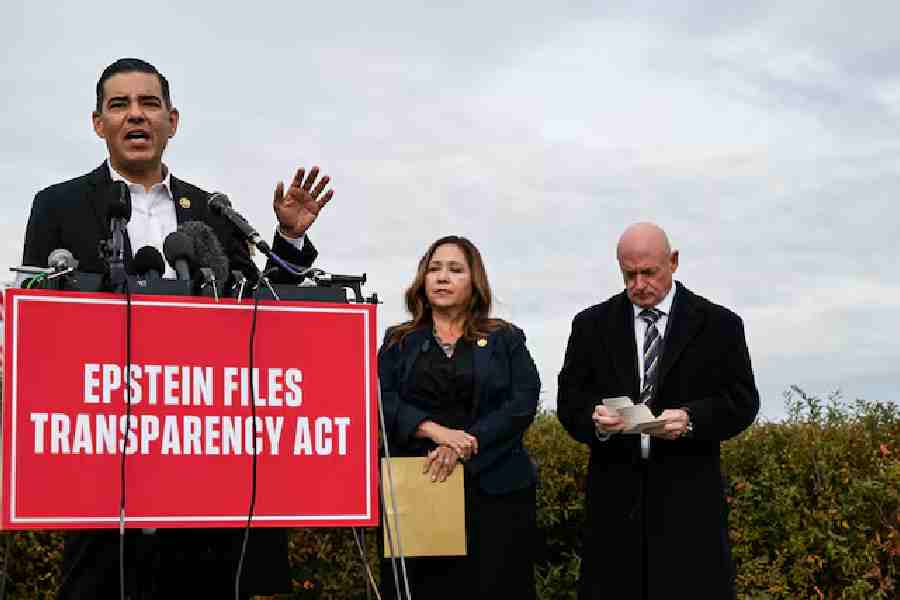Arunachal Pradesh chief minister Pema Khandu has said his state shares a border with Tibet, not China, serving a delectable yet withering geopolitical repartee to the neighbour that claims both territories as its own.
In an interview with PTI Videos during which the suggestion came up that Arunachal Pradesh shares a 1,200km border with China, Khandu weighed in: “Let me correct you here. We share a border with Tibet, and not China.”
“Officially, Tibet is under China now. That can’t be ruled out. But originally, we share a border with Tibet. And in Arunachal Pradesh, we share three international boundaries — with Bhutan, approximately 150km; with Tibet, around 1,200km, which is one of the longest in the country; and on the eastern side, with Myanmar, around 550km,” the chief minister added.
China maintains that Arunachal Pradesh is part of the Tibet Autonomous Region and refers to it as “Zangnan” or South Tibet. The neighbouring country frequently “renames” places in Arunachal Pradesh in official documents and maps it releases.
India firmly rejects China’s claims, emphasising that Arunachal Pradesh is an integral and inalienable part of India.
Tibet, the highest region on Earth that is referred to as the Roof of the World, came under the control of the People’s Republic of China (PRC) after the government of Tibet signed the Seventeen Point Agreement that the 14th Dalai Lama ratified on October 24, 1951, but later repudiated on the ground that he had approved the agreement under duress. China refers to Tibet as Xizang.
Khandu’s comments came against the backdrop of fresh friction with China over India’s engagement with the Dalai Lama’s birthday celebrations and the support the Tibetan spiritual leader in exile received from sections of the Narendra Modi cabinet over his announcement about his Gaden Phodrang Trust having sole authority to recognise his reincarnation. China had warned India against interfering in its “internal matters” relating to Tibet.
In the interview with PTI Videos, Khandu insisted that no state in India directly shared a border with China, but with Tibet, adding that the region was forcibly occupied by China in the 1950s.
Khandu said historical facts backed the assertion that it had originally been an India-Tibet border and referred to the Simla Convention of 1914 in which representatives of British India, China and Tibet participated. While the agreement aimed to settle territorial disputes and establish a framework for Tibet’s status, it was never fully
ratified by China, leading to frequent border disputes.
On China’s habit of giving its own names to places in Arunachal Pradesh, Khandu said the neighbouring country had renamed places not once but five times. “So it is not surprising for us. We know China’s habit, and I think officially the MEA (ministry of external affairs) has dealt with it and given them a reply,” he said.











